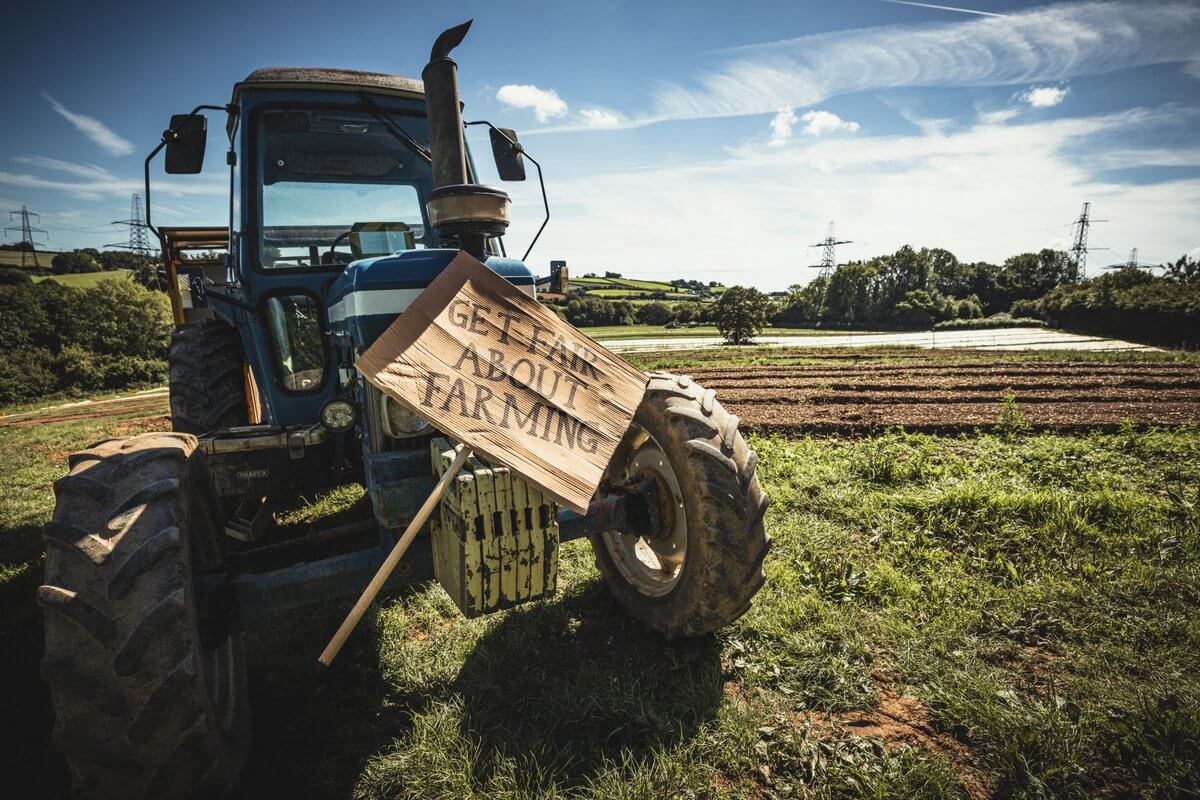Twelve years on from the horsemeat scandal, food crime is firmly back in the headlines. Earlier this year, several people were prosecuted in London for diverting meat that was not fit for human consumption into the human food chain. The legal case was brought after it emerged that an unlicensed meat cutting plant had been operating in the south of the city.
When trading standards officers visited the premises in question they found nearly two tonnes of animal byproducts stored at the plant, including cut and whole chickens, and lamb and beef meat which had not been properly stored. Under food safety rules, any such meat should have been destroyed or used for the manufacture of pet food, but was instead prepared to enter the human food chain.
The supply of so-called “dirty meat” – illegally processed or produced without the necessary hygiene checks – poses a risk to consumers, experts say, as it can contain harmful pathogens linked to food poisoning illnesses.
Last year, an investigation by Farmers Weekly lifted the lid on an apparently industrial-scale meat fraud after the magazine alleged that a food manufacturer had passed off large quantities of foreign-produced pork as British.
The company involved was also accused by ex-employees of “washing” hams that were visibly “off”, or mixing rotting pork meat with fresh products for processing. Other meat products including ox tongues were not heat-treated correctly, it was claimed, and meat was sometimes thawed out on factory floors, posing a food safety risk.
Several former employees of the firm also told the magazine that paperwork required for meat sampling, which would detect bacteria such as listeria and e.coli, had been falsified. The allegations sparked alarm throughout the UK food industry, especially as it emerged that supply chains affected by the scandal included, either directly or indirectly, leading supermarkets and well-known food service companies.
What both of these disturbing cases have in common is that they are or were being investigated by an agency that few members of the public are likely aware of, but which is tasked with tackling an issue of huge importance to us all: illegality within the UK’s food sector.
The National Food Crime Unit (NFCU), a division of the Food Standards Agency (FSA), was created in 2015 following a government review into the 2013 “horsegate” scandal, in which large volumes of UK and European beef products were found to contain undeclared horse meat.
The “food spooks”, as some industry insiders have described them, are assigned to prevent a horsegate-type scandal from occurring again, as well as protect consumers and the food industry itself from crimes taking place within supply chains.
Whilst food crime comes in many guises, the NFCU focuses much of its attention on the unlawful slaughter of livestock, the diversion of unsafe food, adulteration, substitution or misrepresentation of food, and document fraud, as well as the use of stolen food within supply chains.
The AGtivist has seen intelligence data compiled by the NFCU – released under freedom of information laws – relating to thousands of reports over the past five years. The records, which cover four key areas – dairy products, eggs and egg products, fish and shellfish, and meat and meat products including poultry – contain nearly 6000 reports involving these food types held on the agency’s central food crime intelligence database.
The data, which spans 2021 to 2025, isn’t fully comprehensive as it doesn’t contain reports of crimes relating to animal welfare and livestock overall, or other foodstuffs such as alcohol, cooking oil, spices, food additives or honey, all of which have been linked to illegal practices. For this reason it cannot be used to quantify the overall scale of the issue, which is also hard to assess because many crimes are not reported in the first place.
Additionally, some of the intelligence reports in the data may fall into more than one category, meaning they may be recorded more than once on the database.
Nevertheless, over the five year period, crimes involving meat and poultry products were reported most frequently, with 4163 reports recorded in the data. This was followed by 772 reports connected to fish and shellfish, 574 involving dairy products, and 81 linked to eggs.
Amongst the types of crime recorded on the database were 818 reports involving the unlawful processing of meat and fish, 690 reports linked to the misrepresentation of food products including meat, dairy, fish and egg items, and 646 reports involving theft, including pork/pigs, beef/cows, shellfish and lamb/sheep.
Unspecified regulatory law-breaking involving dairy, meat and fish products, amongst others, was reported 958 times in the period, along with 282 reports involving the diversion of food waste, in most instances linked to the diversion of animal byproducts into the food chain, as was highlighted by the recent prosecutions associated with the unlicensed south London meat cutting plant.
Reports of adulteration or substitution – where actual ingredients may differ from stated ingredients, for example – were recorded 113 times. Notably, given the previous furore around the “horsegate” scandal, horsesmeat was flagged in a number of different crime reports involving adulteration or substitution in the five year period, as well as in other categories of crimes including misrepresentation, unlawful processing and document fraud.
These startling insights correspond, at least in part, with published NFCU food crime priorities, which currently include misrepresentation involving red meat and poultry, as well as waste diversion connected to animal by-products, being detected.
Another “emerging threat” identified by the NFCU last year was the fraudulent entry of cattle into beef supply chains. This was the subject of warnings issued that cattle ID systems were “likely to be vulnerable to deliberately undeclared movements and deaths, where there is a realistic possibility that ear-tag removal and switching is occurring.”
In its most recent strategic assessment of UK food crime overall, published in 2024, the NFCU painted a sober picture of the problem, warning that the landscape was “complex, with sophisticated criminal methodologies.”
The NFCU also said that it remained likely “that those conducting food crime in the UK are able to do so owing to legitimate roles and responsibilities they hold in aspects of the food chain, allowing them to apply insider knowledge to abuse […] vulnerabilities in both committing and hiding food crimes.” Some individuals involved in food crime were involved in unrelated criminality, such as drugs and violence, the assessment suggested.
In some rare good news amongst all this, reports of crimes connected to some specific foodstuffs had apparently reduced, the assessment found. The NFCU said that “reporting on the unlawful harvesting and poaching of shellfish has fallen drastically since the 2020 assessment. Low level reporting continues to feature cockles, Manila clams and oysters being targeted from unclassified beds or overfished from classified beds in many regions of the UK. Consumption of shellfish from such beds can pose a significant threat to public health, but regulatory partners are active in detecting and disrupting shoreline activity.”
The AGtivist has reported on this issue previously, travelling across the country to document the consequences of what was, at the time, a booming trade in illicitly harvested shellfish. Unlicensed gangs had been found to be targeting fish stocks at beaches and mudflats, with large amounts finding their way into the food chain, prompting a crackdown on the ringleaders involved.
At this time of year, the “food spooks” could be kept busier than usual by an uptick in some types of criminality. The AGtivist was previously part of investigations into illegal slaughterhouses set up to cater for the seasonal demand for turkeys. They revealed appalling welfare and hygiene conditions; more than enough to put anyone off the traditional Christmas dinner.
Either way, the NFCU has plenty on its plate. Its parent body, the Food Standards Agency, regularly comes under fire for its handling of some food safety issues, and grapples with political interference and funding shortfalls. Yet those on the sharpest end of protecting consumers from the perils of food crime keep on going, often unseen and unrecognised. They deserve all the support they can get.
A note from the editor – corrections & clarifications
This feature was amended and republished on Thursday 27 November to make it clear that all data referred to in this piece was shared under the Freedom of Information Act, and that this data relates to NFCU Intelligence Reports, not to criminal ‘cases’. We have since amended the use of the word ‘cases’ to ‘reports’ throughout this article.
Learn more about the NFCU here.
The AGtivist is an investigative journalist who has been reporting on food and agriculture for 20+ years. The new AGtivist column at Wicked Leeks aims to shine a light on the key issues around intensive farming, Big Ag, Big Food, food safety, and the environmental impacts of intensive agribusiness.













0 Comments